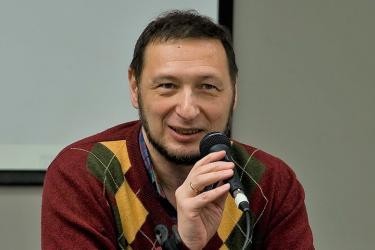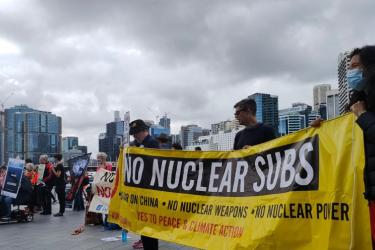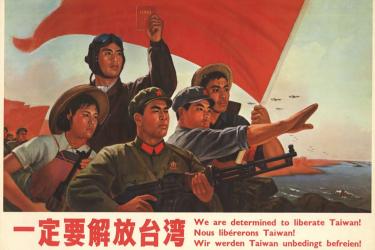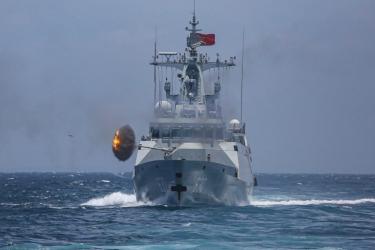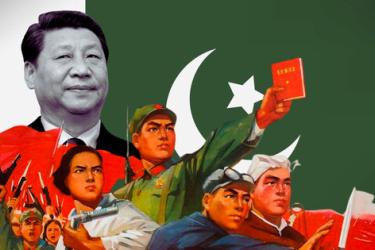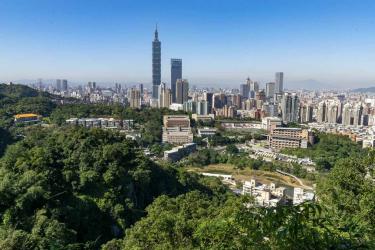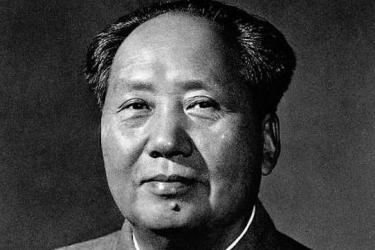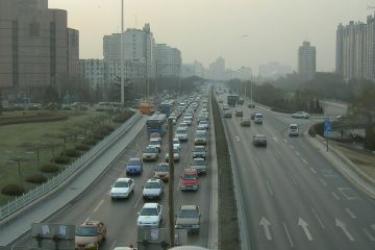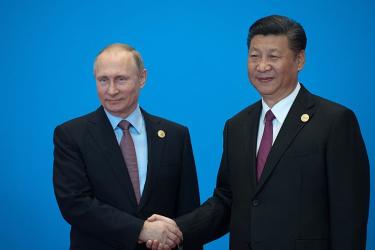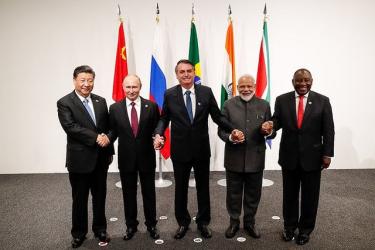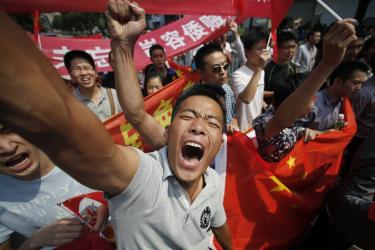China
The North Atlantic Treaty Organisation’s (NATO) new Strategic Concept document, adopted at the Madrid Summit at the end of June, is the imperialists’ attempt to giv
When today’s historiography refers to the debate about economic reforms in Eastern European countries during late communism, it often uses the term the “long transition”. It shows that the economic transformation from state socialism into neoliberalism was a process that took off in some of the countries in Eastern Europe in reaction to the oil crisis in 1973.
Why does China’s response so far to the Russian invasion of Ukraine "not add up"? On one hand, China has refused to condemn the Russian invasion of Ukraine, has pushed its own state-controlled media to promote only pro-Russian propaganda, and even republished false reports by the Russian state media. China abstained from a UN Security Council resolution in March 2022 that condemned the Russian invasion. Meanwhile, the Chinese Foreign Minister Wang Yi recently announced that China and Russia "will always maintain strategic focus and steadily advance our comprehensive strategic partnership of coordination for a new era," especially in the energy trade (Quoted in Torigian 2022).
Early March 2022 provided a surprising reflection of the extent to which dominant Western norms of international finance could retain hegemony, even as the world’s North-South polarisation suddenly worsened. The Shanghai-based New Development Bank (NDB) was set up by five countries – Brazil, Russia, India, China and South Africa (BRICS) – at a 2014 Brazilian conference of presidents.

